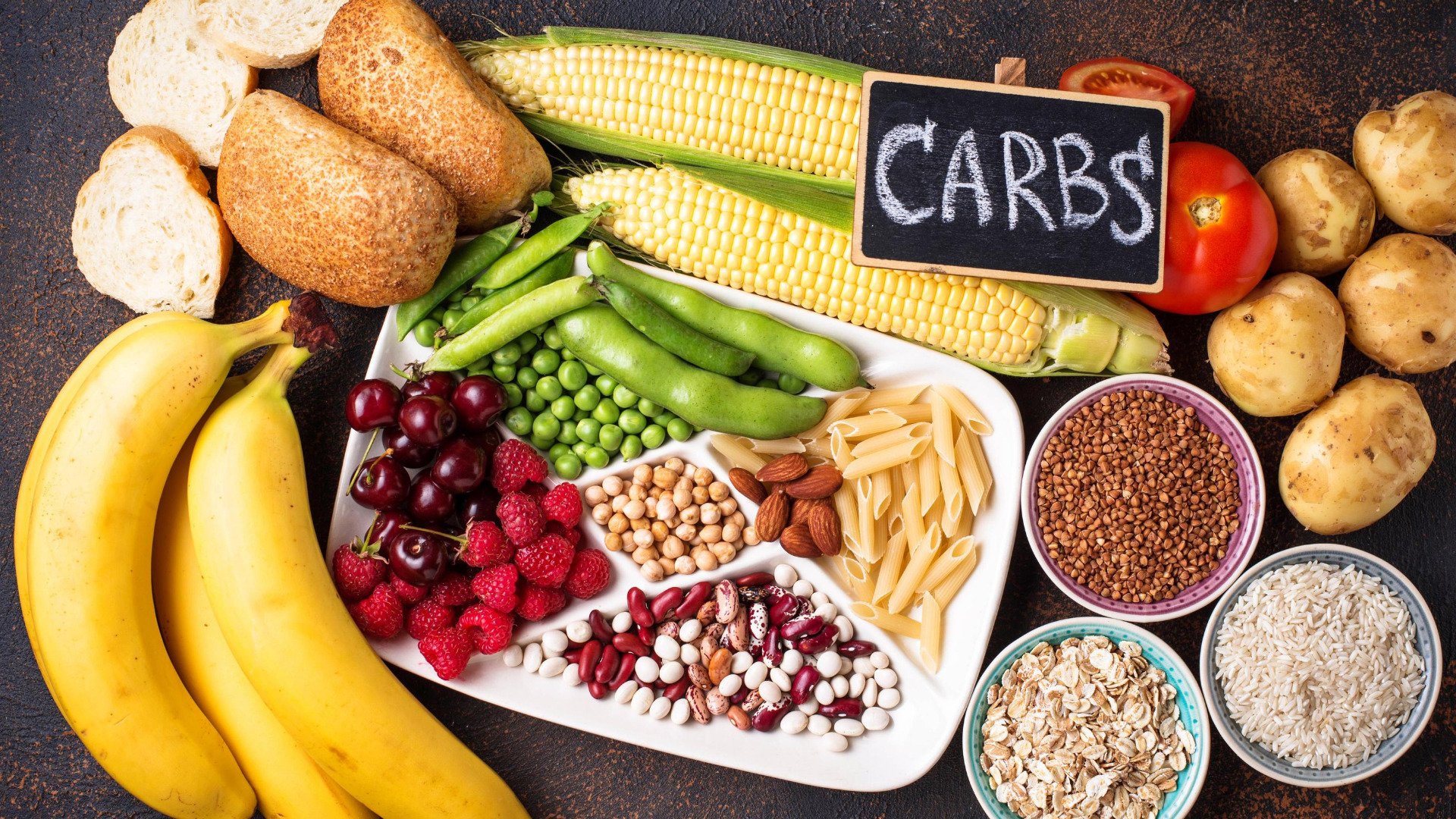High carbs, low carbs, moderate carbs – depending on who you talk to, you will likely hear one of these recommendations being touted as the optimal approach to maximum fat loss. So what’s the truth? The truth of the matter is that there is really no one best way dieta niskowęglowodanowa.
low carbs, moderate carbs – depending on who you talk to, you will likely hear one of these recommendations being touted as the optimal approach to maximum fat loss. So what’s the truth? The truth of the matter is that there is really no one best way dieta niskowęglowodanowa.
Each of the above methods has been used by countless people – from bodybuilding and fitness competitors all the way to your every day gym rat – and used successfully at that. In actuality, how many carbs you are eating is not the key determinant of your fat loss progress; calories are.
More on that later though. The key to successful fat loss is paying attention to your body, following a plan designed for your body and making the necessary adjustments to your program as your body changes. With that said, a nutritional strategy that includes both carbohydrate and calorie cycling in a structured plan built around your training program could be just what you’re looking for.
Let’s take a closer look at this carbohydrate issue first.Truth be told, there are benefits to having a fair amount of carbs in your diet and there are benefits to keeping them low. So why not use both strategies? Said in a simpler way, why not cycle your carb intake, and subsequently your caloric intake?
By cycling your carb intake you get the best of both worlds. Assuming you keep your protein and fat intakes relatively constant, and only manipulate your carb intake, you are automatically cycling calories as well. The first benefit to doing so is that it keeps your body from adapting to what you are doing.
Your body will always try to adapt to what you’re doing and the further you move away from your natural set point, the harder your body is going to try to pull you right back. This is just in part related to the regulatory hormone, leptin.Leptin levels are related to things like insulin, your caloric intake and your current level of body fat. Think of it as one of the big “fat-loss decision makers”.
The leaner you are the lower your circulating levels of leptin are going to be. On the flip side, under normal conditions, leptin is plentiful. However, while on sub-maintenance calories, and particularly on low-carb diets where circulating insulin levels are low, leptin levels drop and they can drop quickly.
Decreased leptin levels cause a cascade of other regulatory changes, namely a decrease in thyroid output and metabolic rate, as well as an increase in catabolic hormone activity and appetite. In an attempt to become more efficient, your body will try to adapt to make your newly lowered caloric intake its new maintenance intake; that is, it will make the necessary changes needed to do the same amount of work on less energy.
Unfortunately, this usually means having to continuously lower calories to maintain fat-loss progress, which inevitably makes it very hard to hold onto all your hard-earned muscle. None of this sounds too good does it? There has to be a better way, and there is. Planned and structured days of high calories and high carbohydrates may help with this.
As previously mentioned, there are benefits to both low-carb intakes and to high-carb intakes. When carb intake is drastically reduced you create a temporarily greater caloric deficit. In addition, low-carb intakes result in decreased levels of circulating insulin, increased levels of the fat-burning catecholamines and therefore a much heightened rate of fat oxidation.
Quite simply, when insulin levels are low, you create an environment in which fat is more likely to be used for energy. Low muscle glycogen, as a result of decreased carbohydrate intake, obviously results in depleted muscles, but there are benefits to this as well. Low muscle glycogen tends to promote a higher rate of free fatty acid burning. Result? More fat loss.
On the flip side however, most people do not enjoy eating few carbs for very long. While there are clearly benefits to doing so, there are other things that need to be considered. Chronic low-carb intake can actually impair insulin sensitivity and promote insulin resistance.
